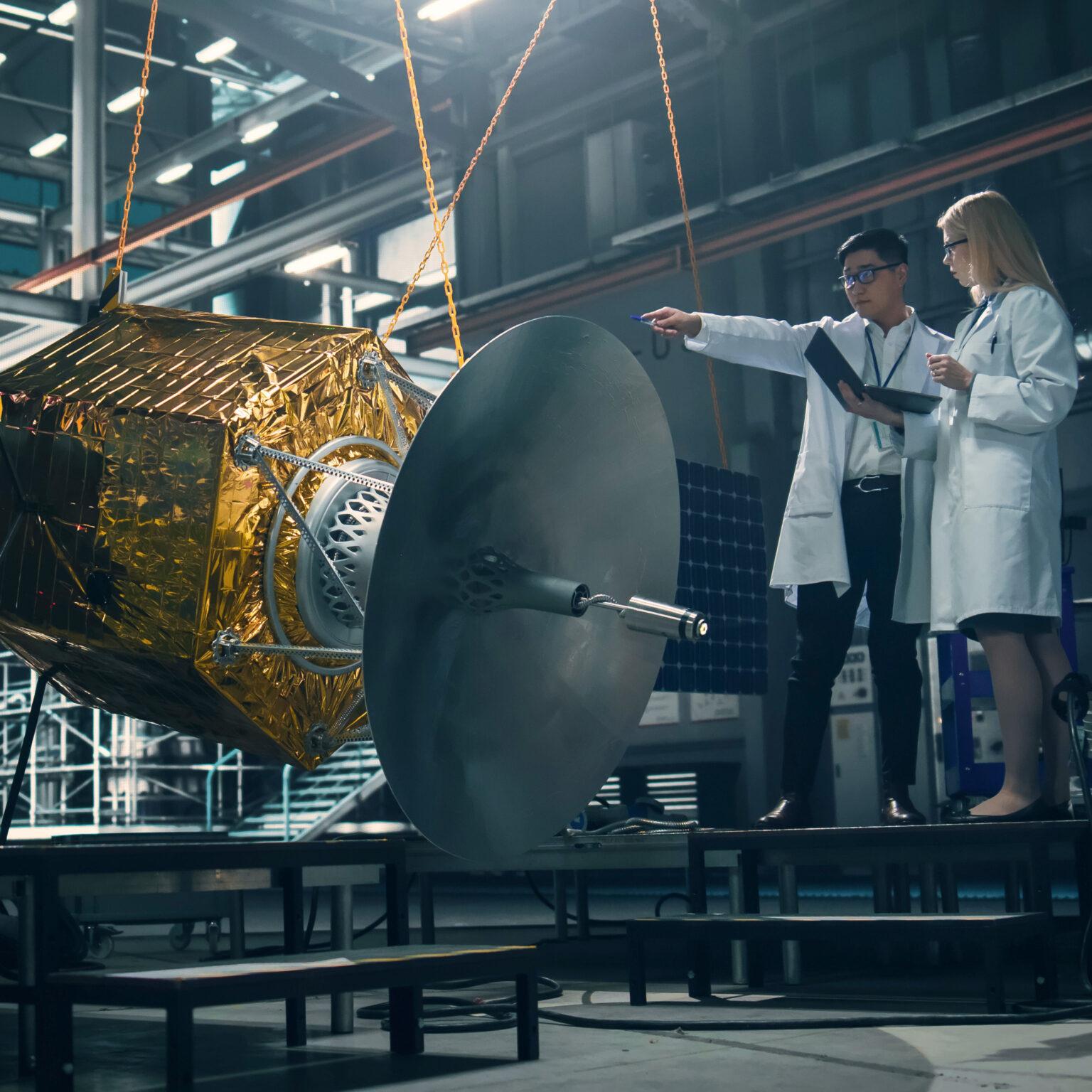
COLORADO SPRINGS—One year ago at the Space Symposium, being held here this week, a group of 24 companies linked arms to improve diversity within their ranks.
The group, which now counts 30 senior executives as members, calls itself Space Workforce 2030. SWF 2030 launched with a study to look at the number of women and underrepresented groups within organizations as a baseline for improvement.
They found increases in the number of women and people of color in six out of eight areas–particularly interns who transitioned into full-time roles. But smaller, less statistically significant increases were seen in the number of technical staff or technical leaders–and even a narrow decline in the number of female interns.
“The available data on representation of women and people of color makes clear that there is significant room for improvement in our industry in the areas of recruitment, retention, advancement and an overall culture of engagement,” a document about the report’s findings says. “We must acknowledge the pain points and then develop and implement best practices to ensure representation of women and people of color at leadership levels.”
The group has four major goals: to increase the number of women and employees from underrepresented groups in the technical workforce and in the companies’ senior technical leadership positions, to boost the percentages receiving aerospace engineering degrees, and to sponsor K-12 programs to reach more than 5 million underrepresented students every year.
To reach those goals, SWF2030 has created centers of excellence in alignment with the goals of the U.S. National Space Council to inspire students in elementary and secondary schools, to educate and support college-age and graduate students and then to employ more women and people of color in the technical workforce and in leadership roles in the technical workforce.
In September, Vice President Kamala Harris announced the creation of a National Space Intern Program–and through that SWF2030 and the companies involved pledged to increase the number of diverse interns they would hire–with a goal of bringing in 3,000 by 2030.
In an interview, Aerospace Corp. President and CEO Steve Isakowitz said SWF2030 has not yet reached its goal of hiring 3,000 interns, but it has had nearly 1,000 interested applicants so far. “We’re not going to be there at year one,” he said. “We just rolled this out a few months ago, but we’ve got a lot of interest so far.”
View all news, analysis and insight related to Space Symposium 2023
